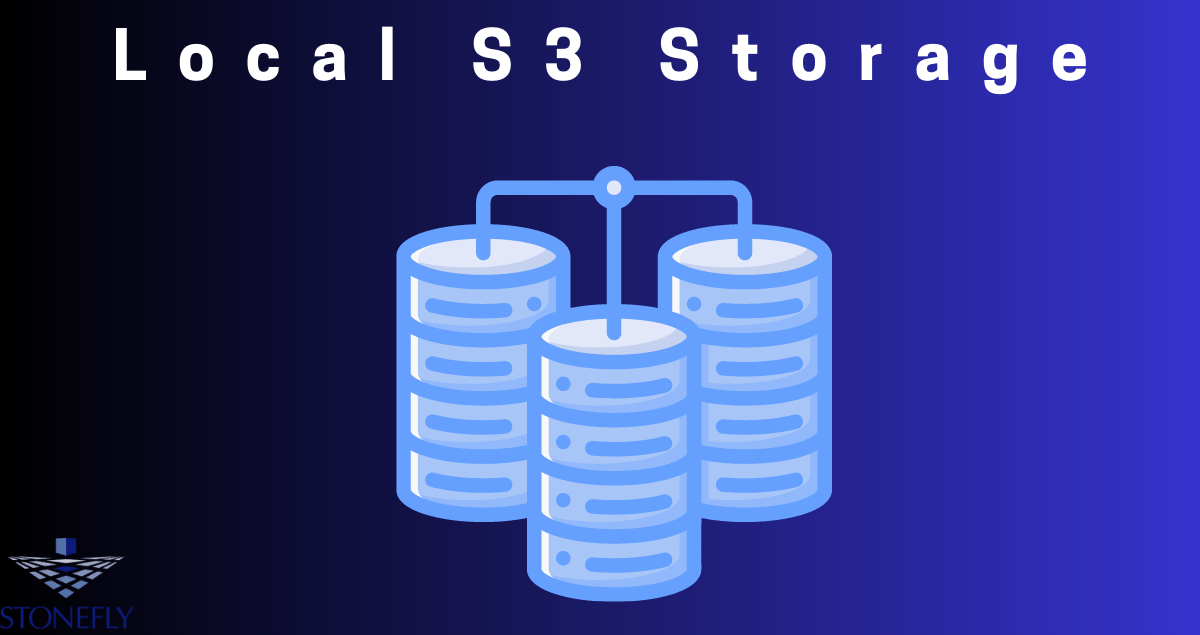Local S3 Storage – An Overview

Local S3 Storage provides organizations with the ability to store and access data on their own secure servers, rather than relying on public cloud infrastructure. This type of storage option is becoming increasingly popular as organizations look to reduce costs and increase security for their data. It also allows businesses to maintain full control over the data stored on their servers, with no reliance on third-party cloud providers. In this article, we’ll take a closer look at the benefits of Local S3 Storage, as well as how it differs from the traditional cloud model.
Also, Check: The Importance of Air-Gapped Backup
What is Local S3 Storage?
Local S3 storage is a type of cloud-based data storage system that stores data on the user’s own secure servers. This allows organizations to maintain full control over their data and eliminate the need for third-party cloud providers. The term “local” refers to the fact that the storage is kept in the organization’s own physical location, rather than in a public cloud. Organizations can choose to use either their own hardware servers or virtualized servers for local S3 storage.
Implementation of Local S3 Storage:
- Organizations first need to decide which type of server—hardware- or software-based—they will use for their local S3 storage.
- Next, they must configure the server with the necessary software and hardware components to enable the local S3 storage system.
- Once this is complete, organizations can begin transferring data from their public cloud provider into their local storage solution.
- Finally, they need to configure the system with access control settings and authentication protocols to ensure that only authorized personnel have access to the stored data.
Benefits of Local S3 Storage:
Security:
As mentioned above, local S3 storage eliminates the need for third-party cloud providers and gives organizations full control over their data. All of the data is stored on the user’s own secure servers, meaning that only authorized personnel can access it.
Cost Savings:
Local S3 storage solutions offer organizations significant cost savings compared to public cloud providers. Organizations don’t have to pay for cloud services, and they can reduce costs associated with hardware infrastructure and IT staff.
Flexibility:
Local S3 storage solutions also provide organizations with the flexibility to scale up or down depending on their needs. If an organization has a spike in demand, they can easily scale up their resources without having to commit to long-term contracts with cloud providers.
Conclusion:
Local S3 storage is an increasingly popular option for organizations looking to reduce costs and maintain full control over their data. It provides organizations with the security and flexibility they need, without sacrificing performance or reliability. By eliminating the need for third-party cloud providers, local S3 storage can help organizations save money while ensuring that their Data is kept secure.
FAQs
What is local S3 storage?
Local S3 storage is a type of cloud-based data storage system that stores data on the user’s own secure servers. It provides organizations with the ability to store and access data on their own servers, rather than relying on public cloud infrastructure.
How does local S3 storage work?
Organizations first need to decide which type of server—hardware- or software-based—they will use for their local S3 storage. Next, they must configure the server with the necessary software and hardware components to enable the local S3 storage system.